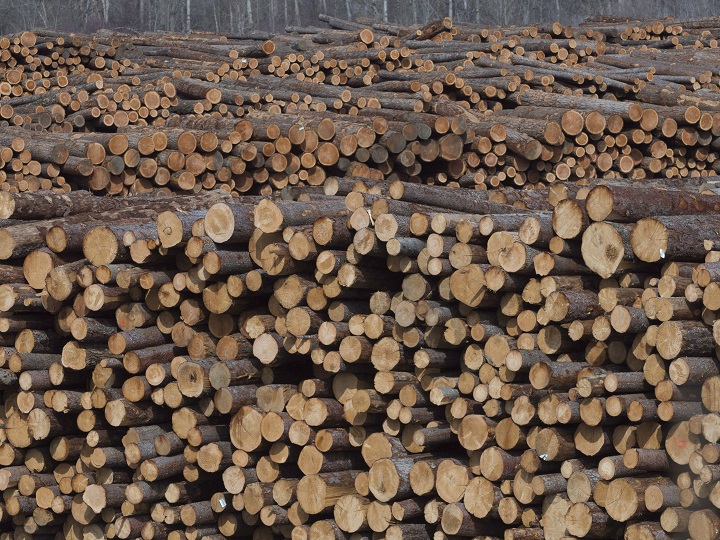Tolko Industries says three of its wood mills in the Okanagan will temporarily shut down for two weeks.

Citing the ongoing wood downturn, the company announced on Thursday that its lumber plant and plywood plant in Armstrong, plus its White Valley veneer mill in Lavington, will temporarily close.
The downtime will run August 17 to September 2.
Also, Tolko announced that its Heffley Creek plywood and veneer plant in Kamloops will temporarily close from August 24 to September 2.
“The high cost of logs and weak markets are impacting our operating footprint in British Columbia,” Troy Connolly, Tolko’s vice president of solid wood, said in a press release.
“Although we prefer to keep these locations in constant operation, we must manage the business responsibly and ensure we are sustainable for the future.”

Get breaking National news
WATCH BELOW (Aired May 28, 2019): Tolko cuts shift in Kelowna as forestry sector struggles

Connolly says employees were informed of the decision earlier Thursday.
“This downtime will affect over 700 of our employees in these operations,” said Connolly. “We do not make these decisions without a lot of consideration.
“We have great people working at these locations, and this is in no way a reflection on them or their commitment. However, we continue to experience challenging industry conditions in British Columbia.”
WATCH BELOW (Aired June 21, 2019): Okanagan lumber industry hurting like the rest of province

On July 30, Tolko announced that its Kelowna plant would be close for six weeks, from August 6 to September 15.
In a press release at the time, Connolly said, “although we prefer to keep our locations in constant operation, we must manage the business responsibly and ensure that we are sustainable for the future.”


Comments
Want to discuss? Please read our Commenting Policy first.